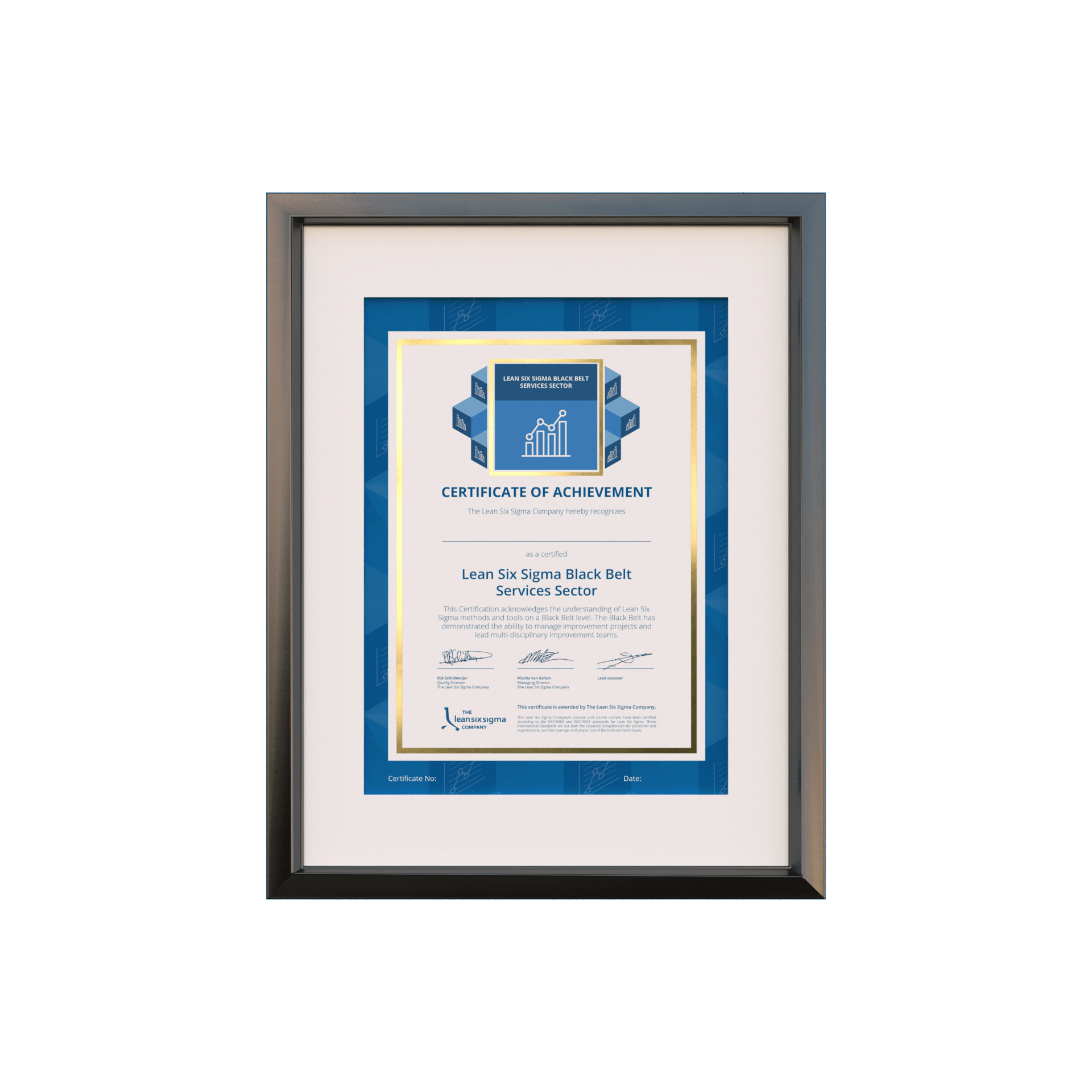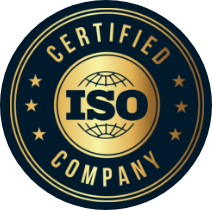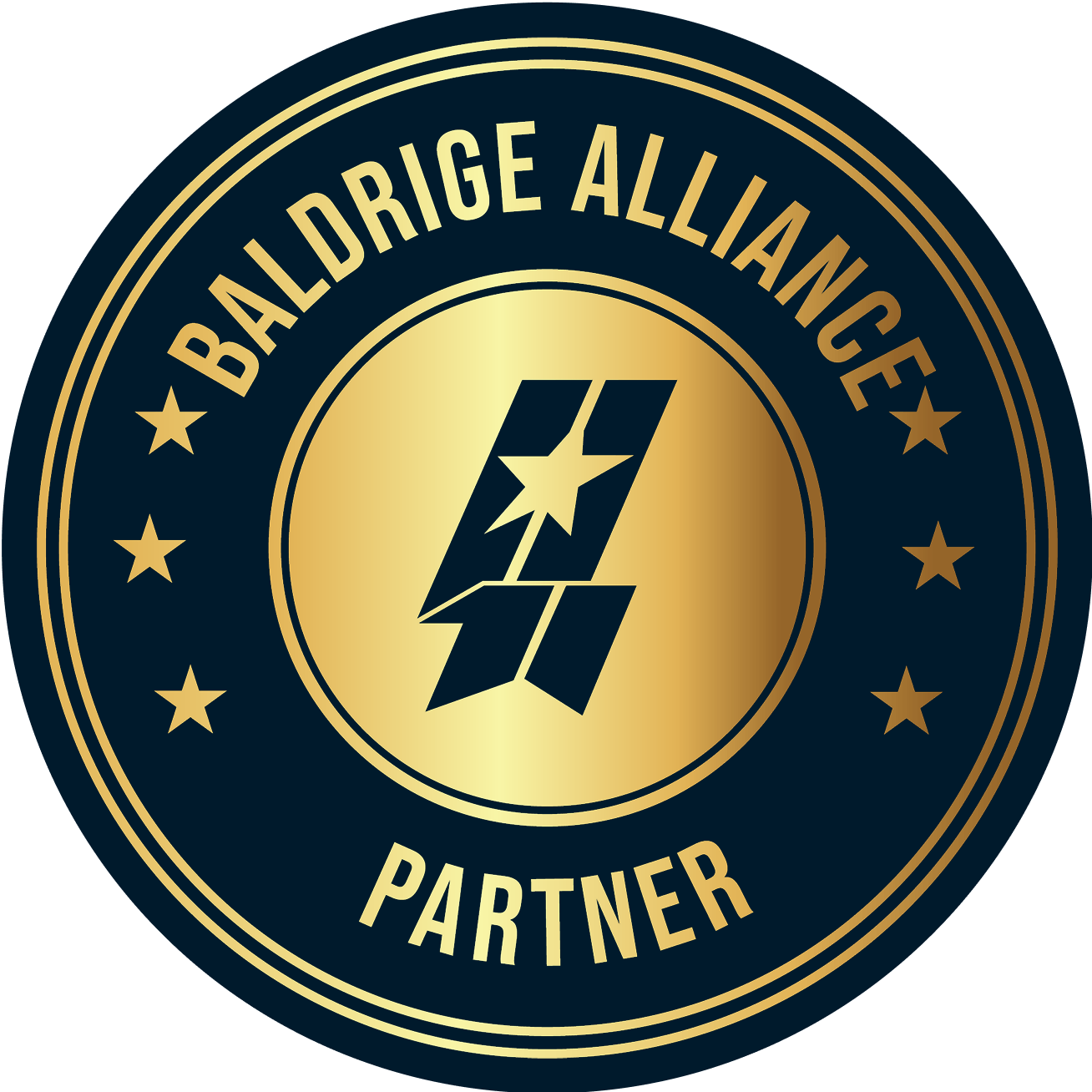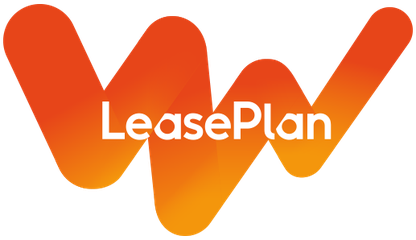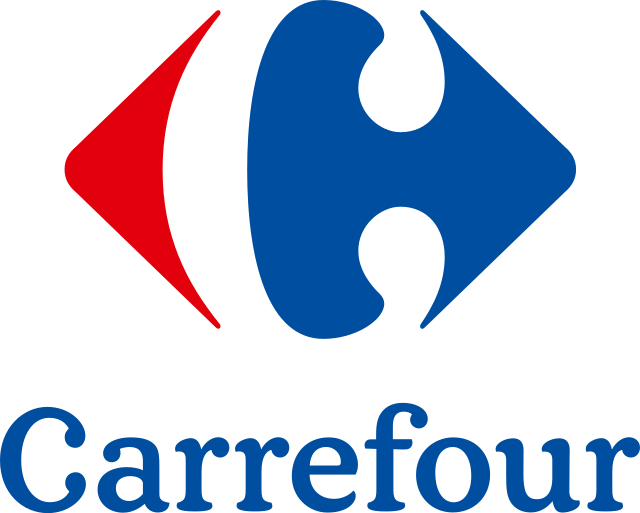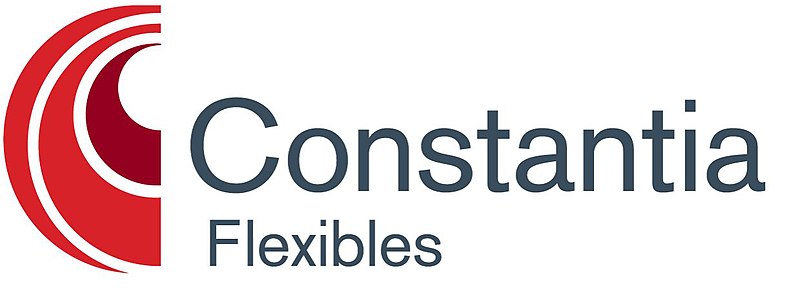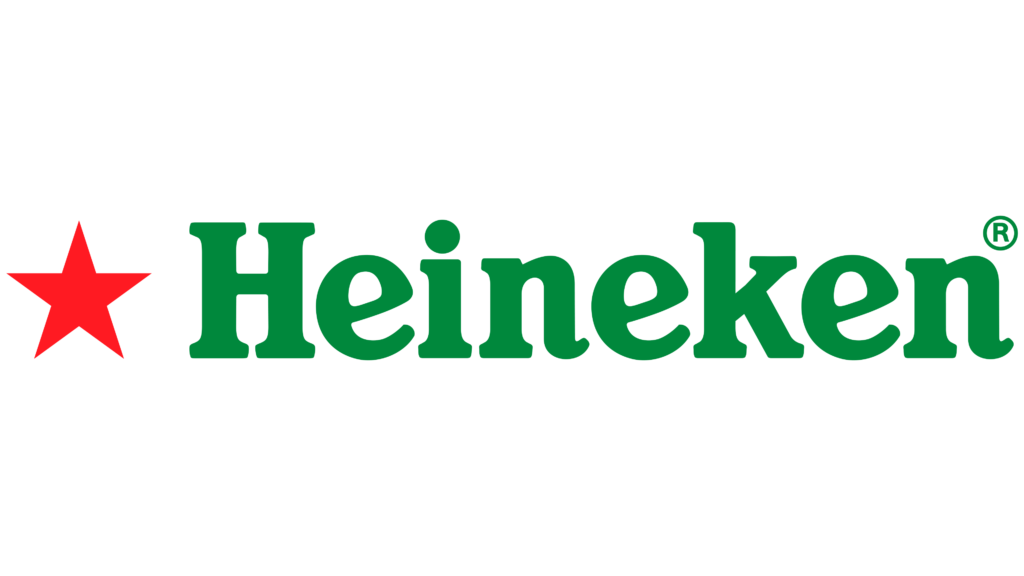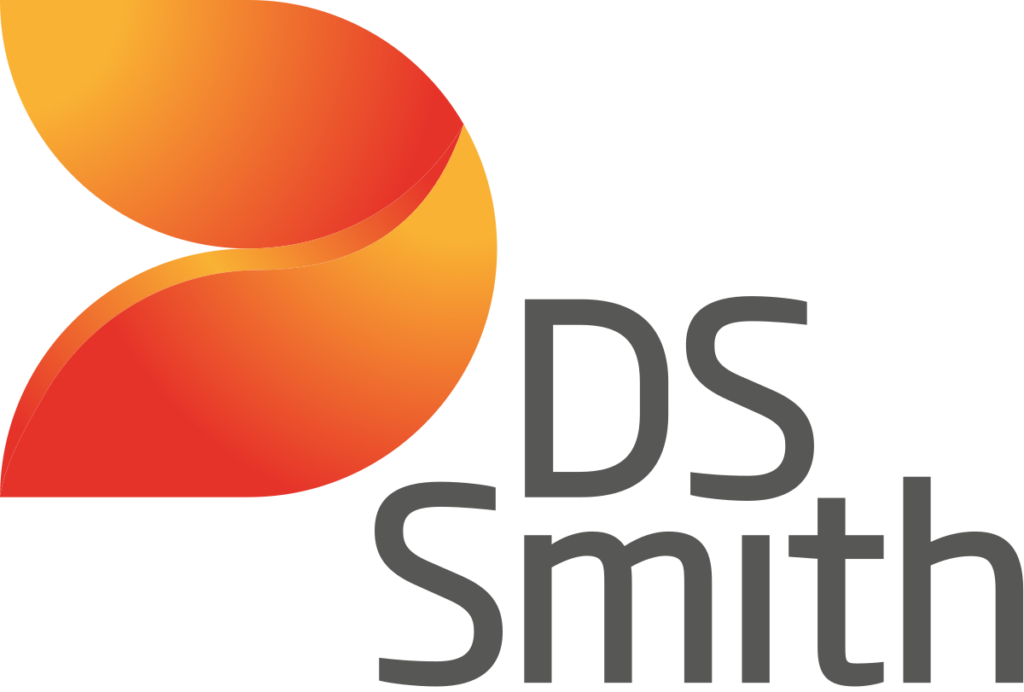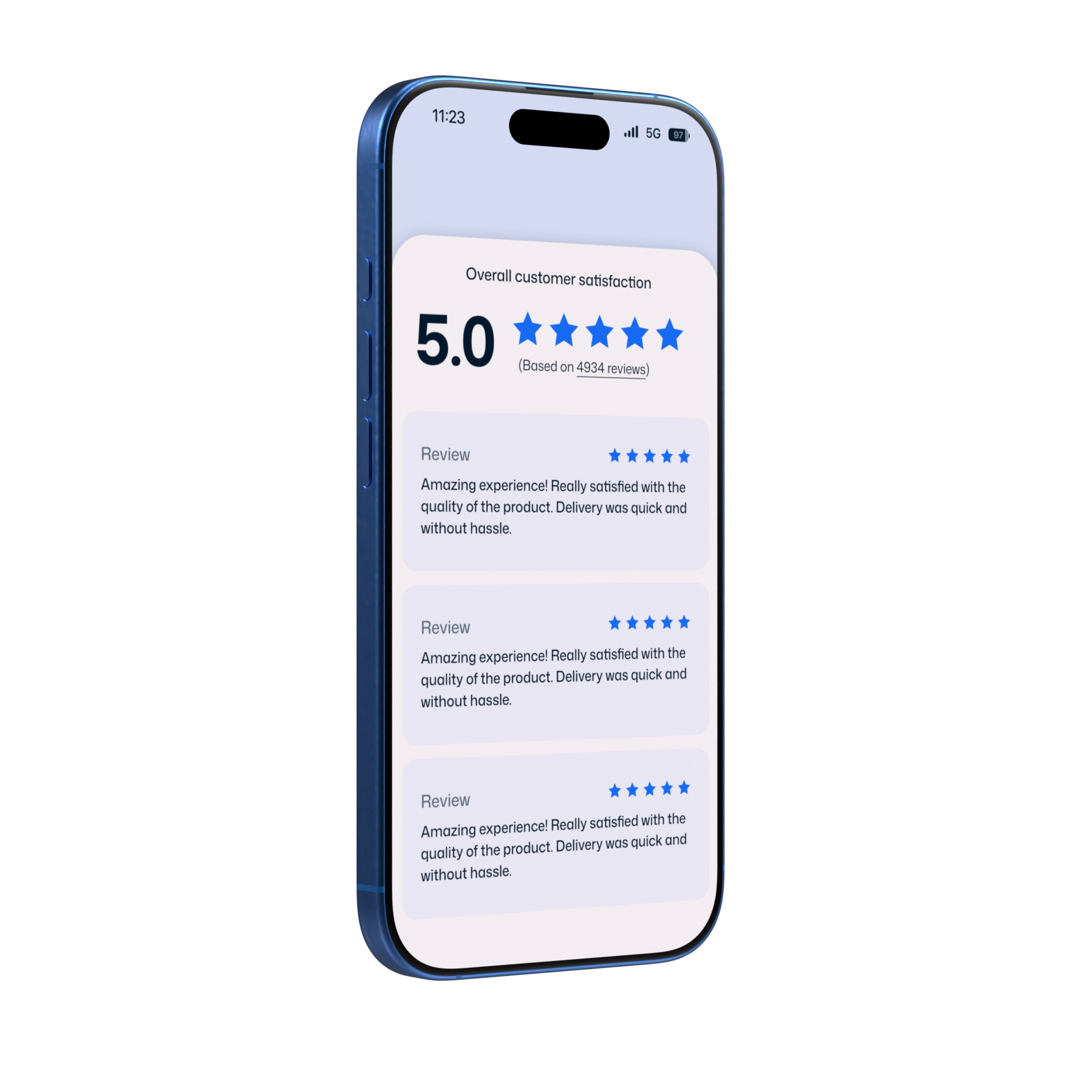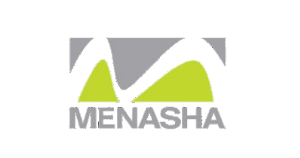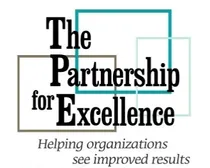Deployment approach
Practical Approach and Tangible Results
Our deployment approach delivers clear, measurable benefits across three key areas. See how Lean Six Sigma drives cost efficiency, enhances quality, and improves customer experience.


Want these benefits within a matter of months?

Edwin Boon
CEO of The Lean Six Sigma Company US
The benefits per industry
Energy

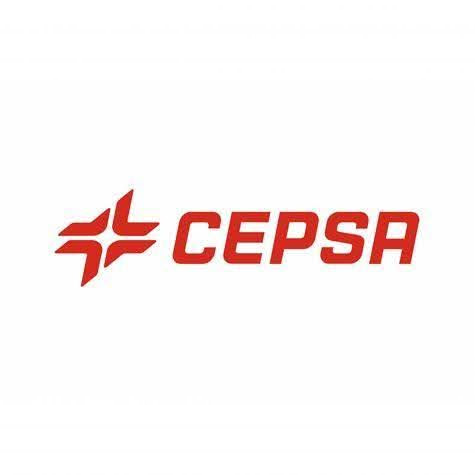
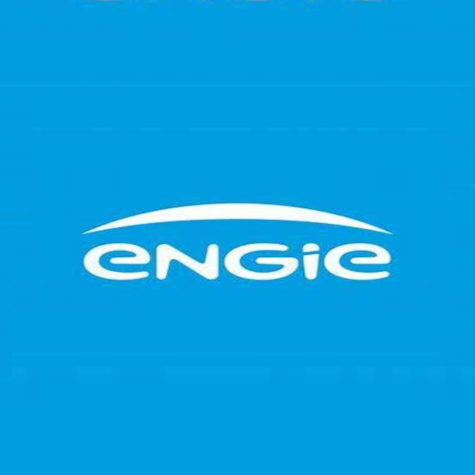

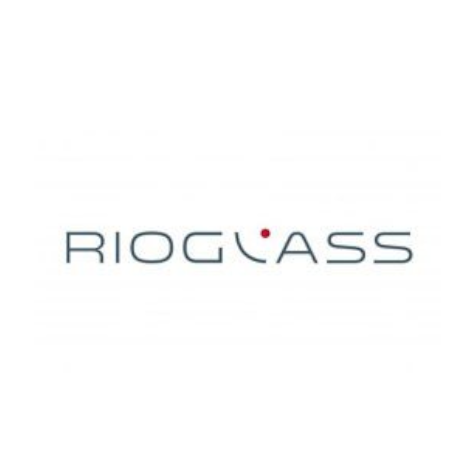
The Energy sector, which includes vital resources like electricity, natural gas, oil, and coal, plays a crucial role in powering modern society. This sector faces challenges such as efficient resource management, reliable supply chains, and the need to minimize environmental impact while meeting the demand for sustainable energy solutions.
The Lean Six Sigma methodology offers effective strategies to address these challenges by streamlining supply chain processes, reducing energy loss, and improving operational reliability. Lean principles help eliminate waste in resource allocation, while Six Sigma enhances quality control and reduces variability, ensuring dependable energy delivery. For example, LSS can optimize maintenance practices in electricity generation, reducing downtime and extending equipment lifespan.
By adopting Lean Six Sigma, companies in the Energy sector can improve efficiency, enhance sustainability, and drive the transition toward cleaner energy practices, ultimately creating a more reliable and environmentally friendly energy landscape.
Transport and logistics
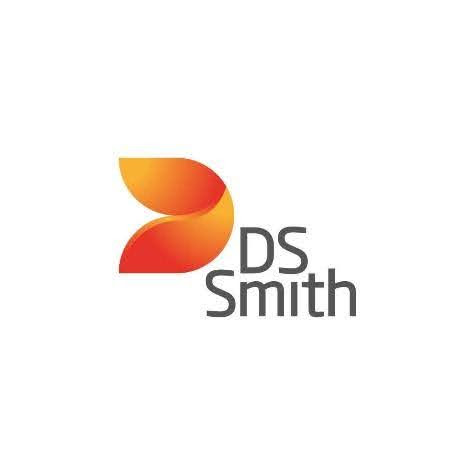
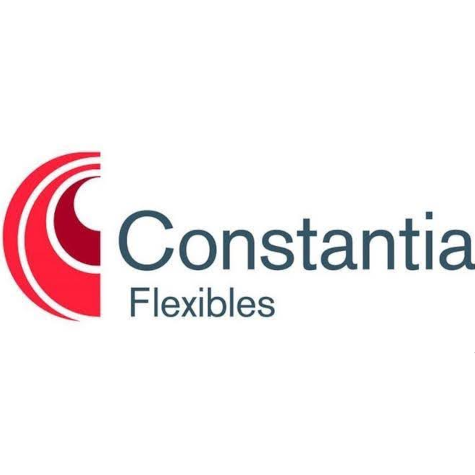
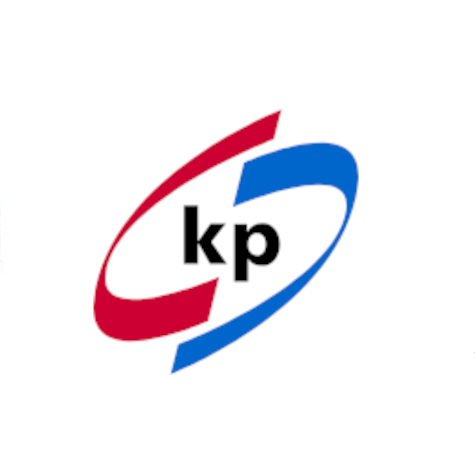

The Transport and Logistics sector is essential for global trade, overseeing the movement and timely delivery of goods across complex supply chains. This industry faces challenges such as managing routes, meeting fluctuating demand, and controlling high operational costs.
Lean Six Sigma (LSS) provides effective solutions by refining supply chain processes, reducing delays, and cutting waste. Lean principles focus on waste reduction, while Six Sigma reduces variability, ensuring consistent delivery quality. For instance, LSS can improve route planning in freight transport, lowering fuel costs and transit times, and enhance inventory accuracy in warehousing to prevent stock errors.
By implementing Lean Six Sigma, Transport and Logistics companies can increase efficiency, reduce costs, and ensure reliable service, maintaining a strong, competitive supply chain.
Industry
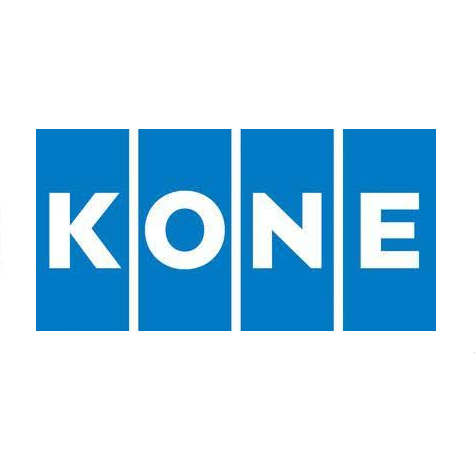
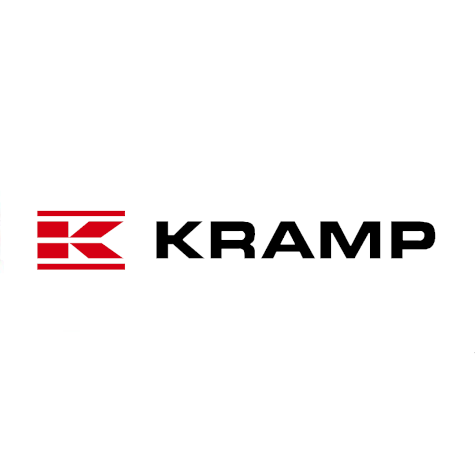
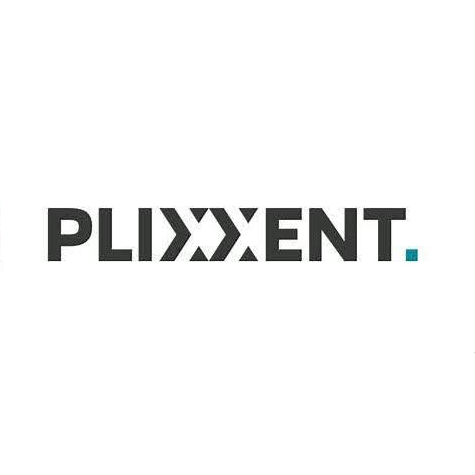
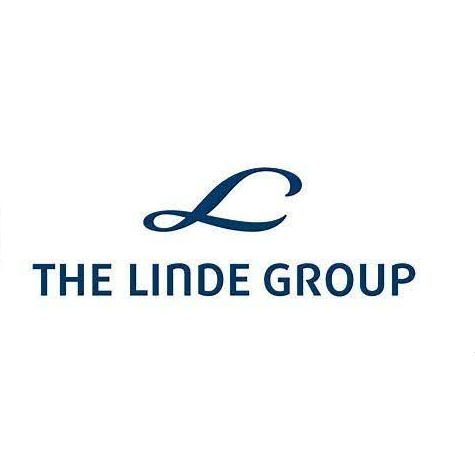

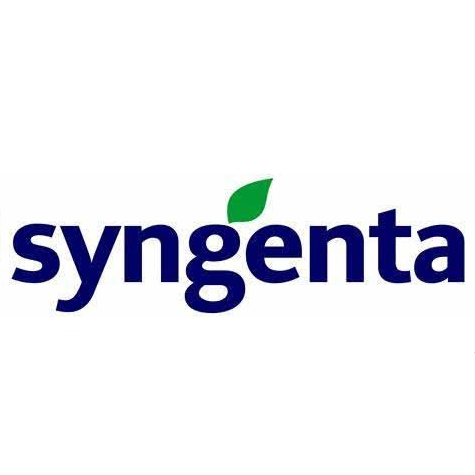
The Industrial sector, covering manufacturing, distribution, and various industrial services, operates in a competitive landscape where efficiency and quality are key to long-term success.
The Lean Six Sigma methodology supports these goals by refining production processes, reducing waste, and improving product consistency. Lean principles streamline workflows and cut down resource inefficiencies, while Six Sigma reduces defects, ensuring dependable results. For instance, in aerospace manufacturing, LSS boosts production reliability, while in machinery, it enhances workflow efficiency, raising product quality.
By adopting Lean Six Sigma, industrial companies can drive operational performance, achieve cost savings, and secure a strong competitive position in the global market.
Consumer goods


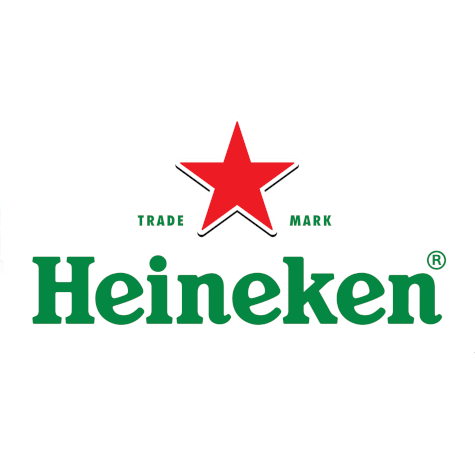

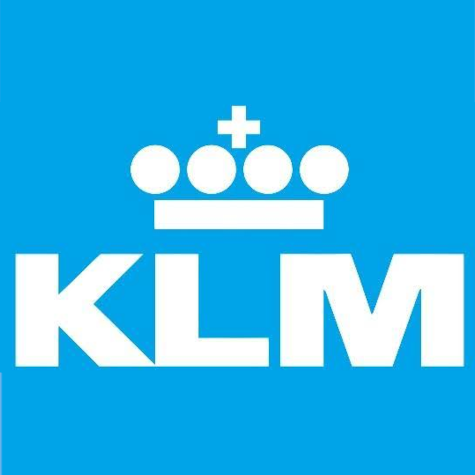
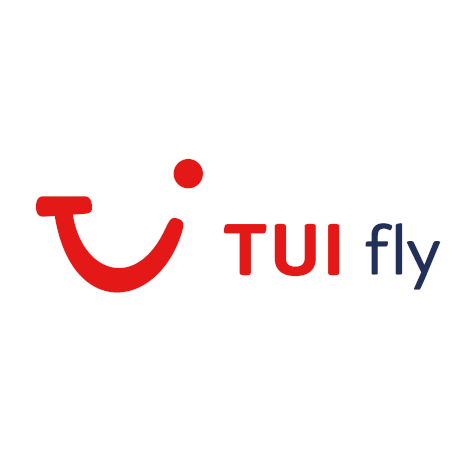
The Consumer Goods sector, covering essential and non-essential products like household items, electronics, and personal care products, operates in a fast-paced environment driven by changing consumer preferences and high demand for quality and reliability.
The Lean Six Sigma methodology helps consumer goods companies streamline production, reduce waste, and ensure product consistency. Lean principles minimize resource use, while Six Sigma reduces variability, ensuring reliable product quality. For example, LSS optimizes manufacturing workflows to reduce production times and improves packaging processes for better product presentation and shelf appeal.
By implementing Lean Six Sigma, Consumer Goods companies can improve operational efficiency, enhance product quality, and build customer loyalty, gaining a competitive advantage in an evolving market.
Retail
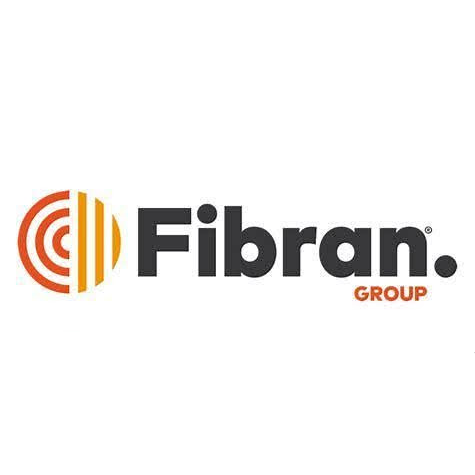

The Retail sector, encompassing everything from supermarkets to specialty stores, faces constant pressure to manage inventory efficiently, meet high customer expectations, and control costs in a competitive marketplace.
The Lean Six Sigma methodology is valuable in this context, streamlining supply chains, reducing waste, and enhancing inventory management. Lean principles minimize excess stock and reduce time in replenishment, while Six Sigma improves consistency and reduces errors in order processing, ensuring smooth operations. For example, LSS can improve stock management, reducing out-of-stocks and optimizing product availability on shelves.
By adopting Lean Six Sigma, Retail companies can increase operational efficiency, improve customer satisfaction, and maintain a competitive advantage by keeping shelves stocked and customers satisfied.
Healthcare
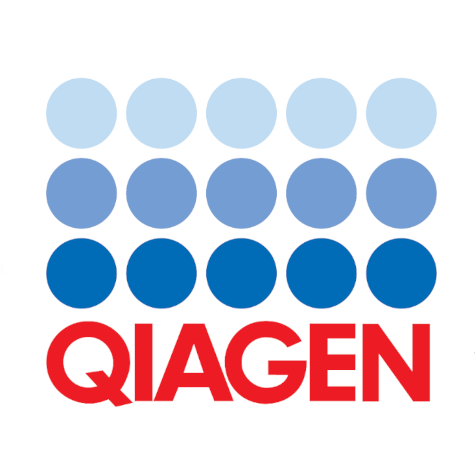
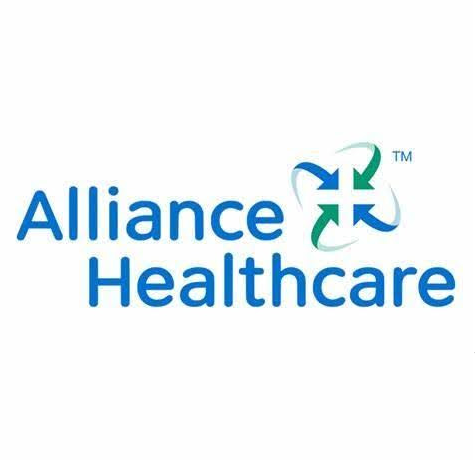

The Healthcare sector, comprising medical services, equipment manufacturing, and pharmaceutical production, faces high demands for efficient patient flow, quality care, and safety.
The Lean Six Sigma methodology addresses these needs by streamlining processes, reducing waste, and ensuring service quality. Lean principles improve patient flow and minimize wait times, while Six Sigma focuses on reducing defects in both clinical and administrative tasks. For instance, LSS enhances patient intake processes in hospitals and ensures quality control in pharmaceutical production, safeguarding patient health.
By adopting Lean Six Sigma, healthcare organizations can improve operational efficiency, elevate care standards, and achieve better patient outcomes, strengthening their commitment to excellence.
Finance
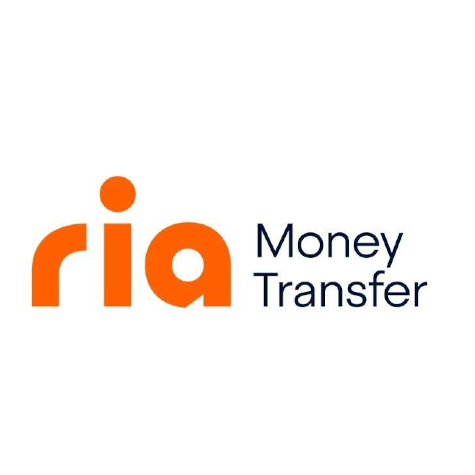
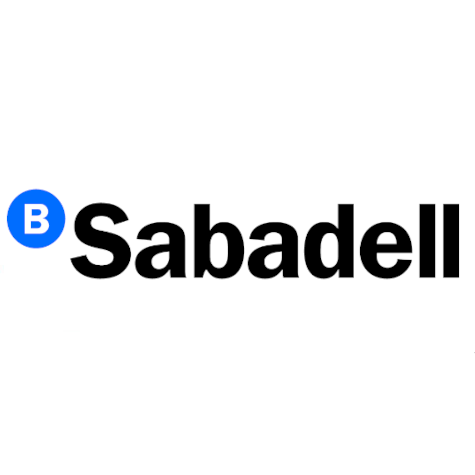
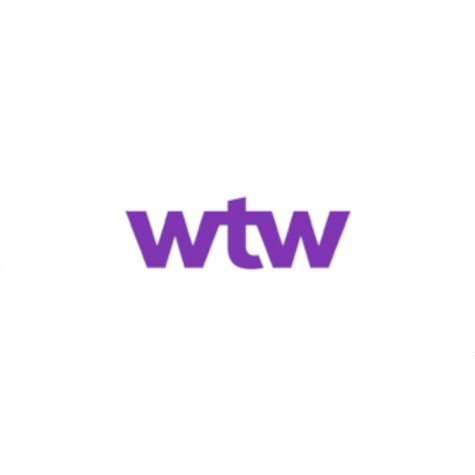
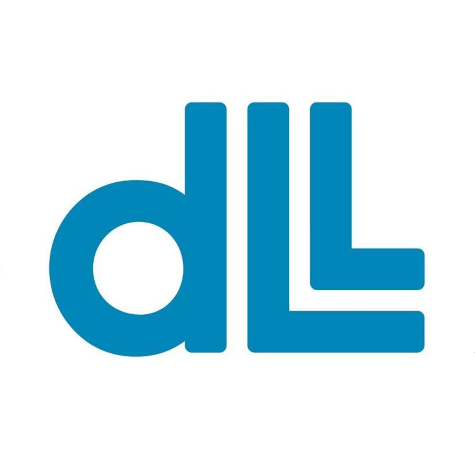

The Finance sector, including banking, insurance, and investment management, faces pressures to boost efficiency, maintain accuracy, and enhance customer service in a highly competitive landscape.
The Lean Six Sigma methodology offers valuable solutions by streamlining processes, reducing errors, and improving service delivery. Lean principles help eliminate waste and optimize resources, while Six Sigma reduces variability, leading to faster, more reliable services. For example, LSS accelerates loan approvals in banking and improves claims processing in insurance, enhancing customer satisfaction.
By adopting Lean Six Sigma, financial institutions can reduce costs, increase operational efficiency, and improve the customer experience, strengthening their competitive edge.
Technology


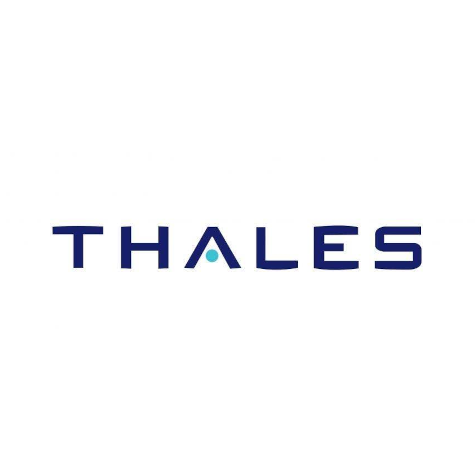

The Technology sector, including software development, hardware manufacturing, IT services, and semiconductor production, faces constant pressure to innovate quickly, maintain high quality, and deliver efficient services.
The Lean Six Sigma methodology addresses these demands by improving processes, reducing defects, and enhancing service reliability. Lean principles minimize waste, while Six Sigma reduces variability, ensuring consistent quality and performance. For instance, in hardware manufacturing, LSS reduces lead times and waste during assembly, and in IT services, it speeds up incident resolution and enhances customer satisfaction.
By implementing Lean Six Sigma, Technology companies can achieve operational efficiency, improve product standards, and build customer trust in a rapidly evolving industry.
Telecommunications

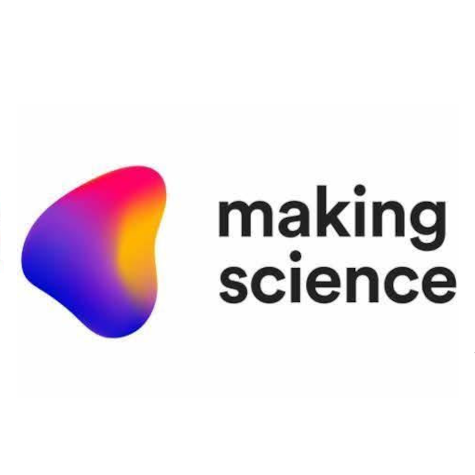
The Telecommunications sector, covering telecommunications, media, and interactive services, is essential in today’s digital world, supporting connectivity, information access, and entertainment. Companies face pressures to ensure seamless service, increase operational efficiency, and deliver superior customer experiences.
Lean Six Sigma (LSS) provides effective tools to meet these demands by streamlining operations, boosting service reliability, and reducing costs. Lean principles eliminate inefficiencies, while Six Sigma reduces variability, supporting consistent, high-quality service. For instance, telecom providers use LSS to minimize network disruptions, and call centers apply Lean techniques to improve speed and accuracy in customer interactions.
By implementing Lean Six Sigma, Telecommunications companies can enhance service delivery, increase customer satisfaction, and stay competitive in a rapidly evolving industry.
Public Sector and NGOs
The Public Sector and Non-Governmental Organizations (NGOs) play crucial roles in providing essential services, from utilities to social programs, often under budgetary and regulatory pressures. These entities must deliver high-quality, reliable services while maximizing impact and managing resources efficiently.
The Lean Six Sigma methodology helps meet these demands by reducing waste, improving resource allocation, and ensuring consistent service quality. Lean principles streamline operations, while Six Sigma minimizes variability, making services more dependable and accountable. For example, in utilities like water and electricity, LSS reduces losses and enhances service reliability, and in social programs, it minimizes administrative delays, increasing impact.
By adopting Lean Six Sigma, the Public Sector and NGOs can achieve greater efficiency, strengthen accountability, and enhance service delivery, reinforcing their role as foundational pillars of societal support.
Aerospace and Defense

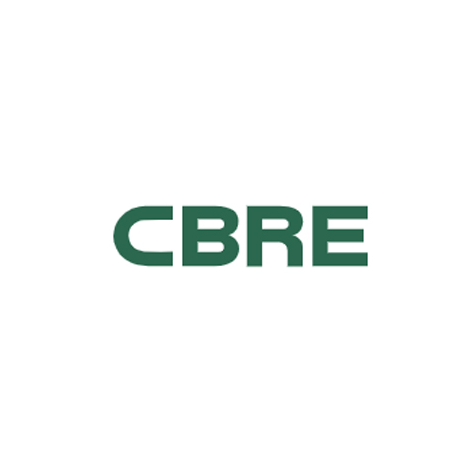

The Aerospace and Defense sector, vital for national security and technological advancement, must uphold strict standards for precision, safety, and efficiency. Companies face challenges to maintain high quality and reliability while controlling costs and meeting rigorous regulations.
The Lean Six Sigma methodology provides effective solutions by enhancing production processes, minimizing waste, and strengthening quality control. Lean principles streamline resource use, while Six Sigma reduces defects, ensuring consistent, dependable results. For example, LSS reduces assembly errors in aircraft manufacturing and supports stringent quality assurance in defense production.
By implementing Lean Six Sigma, Aerospace and Defense companies can achieve operational excellence, improve cost-efficiency, and ensure the highest levels of safety and reliability, meeting both industry demands and mission-critical objectives.
Professional services

The Professional Services sector, including consulting, legal, and accounting services, operates in a competitive environment where efficiency and client satisfaction are paramount. Firms must streamline operations to deliver high-quality outcomes while meeting unique client needs.
Lean Six Sigma (LSS) provides effective tools to reduce inefficiencies and ensure consistent service quality. Lean principles eliminate non-value-added tasks, while Six Sigma minimizes errors and enhances reliability, fostering client trust. For example, LSS improves project management in consulting and streamlines billing processes in accounting, ensuring timely and accurate results.
By adopting Lean Six Sigma, Professional Services firms can boost efficiency, improve service quality, and deliver consistent, client-focused outcomes, enhancing their competitive edge.
Agriculture
The Agriculture sector, critical for global food security, includes crop production, livestock management, and supply chains. Challenges such as resource scarcity, climate variability, and sustainability pressures require agricultural companies to improve efficiency and maximize yields responsibly.
Lean Six Sigma (LSS) offers effective solutions by enhancing operational processes, minimizing waste, and stabilizing output. Lean principles optimize resource use and eliminate non-essential activities, while Six Sigma reduces variability for more reliable, sustainable production. For instance, LSS can improve planting and harvesting schedules in crop farming and refine feed management in livestock, boosting productivity.
By adopting Lean Six Sigma, Agriculture companies can enhance operational efficiency, support sustainable practices, and ensure consistent, high-quality production to meet rising food demands.
Hospitality and travel
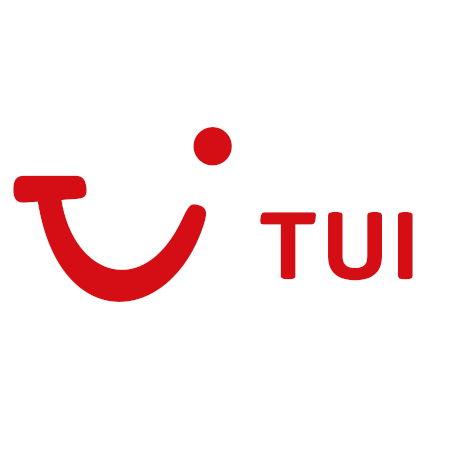
The Hospitality and Travel sector, including hotels, airlines, and travel agencies, relies on efficient, high-quality service to meet rising customer expectations. This industry faces challenges in optimizing service delivery, managing costs, and maintaining operational flow.
The Lean Six Sigma methodology addresses these needs by streamlining operations and improving consistency. Lean principles reduce unnecessary tasks, while Six Sigma minimizes variability, ensuring dependable service quality. For instance, LSS can enhance hotel housekeeping schedules and check-in times, and in airlines, it can improve on-time performance and reduce baggage errors.
With Lean Six Sigma, Hospitality and Travel companies can achieve greater efficiency, boost customer satisfaction, and foster stronger loyalty, gaining a competitive edge in this service-driven market.
Education
The Education sector, spanning schools, universities, and training institutions, faces ongoing demands to provide high-quality learning while managing resources effectively. Key challenges include streamlining administrative processes, maintaining consistent instruction, and improving student engagement.
Lean Six Sigma (LSS) provides targeted solutions by enhancing efficiency and reducing waste. Lean principles simplify administrative workflows, while Six Sigma reduces variability in educational processes, ensuring consistent delivery of academic services. For example, LSS can improve enrollment procedures, minimize wait times and errors, and help standardize curriculum delivery across classes.
By adopting Lean Six Sigma, educational institutions can optimize operations, elevate educational quality, and increase student satisfaction, building a more efficient and supportive learning environment.
Materials
The Materials sector, which includes metals, chemicals, construction materials, and packaging, continually faces challenges in improving efficiency, maintaining quality, and minimizing waste in resource-intensive processes.
The Lean Six Sigma methodology provides effective solutions by streamlining manufacturing workflows and reducing downtime and material waste. Lean principles focus on waste reduction, while Six Sigma emphasizes defect reduction and variability control, ensuring high-quality standards. For example, in chemical manufacturing, LSS enables precise monitoring and adjustments, reducing inconsistencies and improving product reliability.
By adopting Lean Six Sigma, organizations in the Materials sector can achieve operational excellence, enhance their competitive edge, and promote long-term sustainability in a dynamic industrial landscape.
Media and entertainment
The Media and Entertainment sector, including film, television, digital media, and live events, must continually improve efficiency and quality to meet high audience expectations and stay competitive.
Lean Six Sigma (LSS) offers solutions by streamlining workflows and reducing errors. Lean principles cut down on non-essential tasks in production, while Six Sigma reduces variability, ensuring consistent content delivery. For example, in film production, LSS helps keep projects on schedule and within budget, and in digital media, it enhances streaming reliability.
With Lean Six Sigma, Media and Entertainment companies can achieve operational efficiency, improve content quality, and deliver a seamless experience to audiences, securing a stronger position in a dynamic industry.
Baldrige partnership
Our Baldrige State Program Partners
We are the proud training partner for many of the Baldrige state programs. These non-profits promote process improvement and performance excellence in their respective states.
Certification Quality
The Lean Six Sigma Company’s certification stands as a benchmark of excellence. Our training certificates are backed by third-party accreditations and acknowledgments from our clients.
Our course content aligns perfectly with international standards, being certified for the ISO18404 and ISO13053 standards. This means that the knowledge, skills, and competencies imparted in our courses reflect the global benchmarks of Lean Six Sigma methodologies. These ISO standards are renowned for their practical applicability and independence, ensuring that your team learns skills that are directly transferable to real-world scenarios.

ISO Certified
Furthermore, our ISO21001 certification solidifies/exemplifies our commitment to instructional accessibility, guaranteeing high-quality education, and our ISO 9001 certification for quality management reaffirms our dedication to the principles of quality management, ensuring that we deliver top-notch service to our clients.
